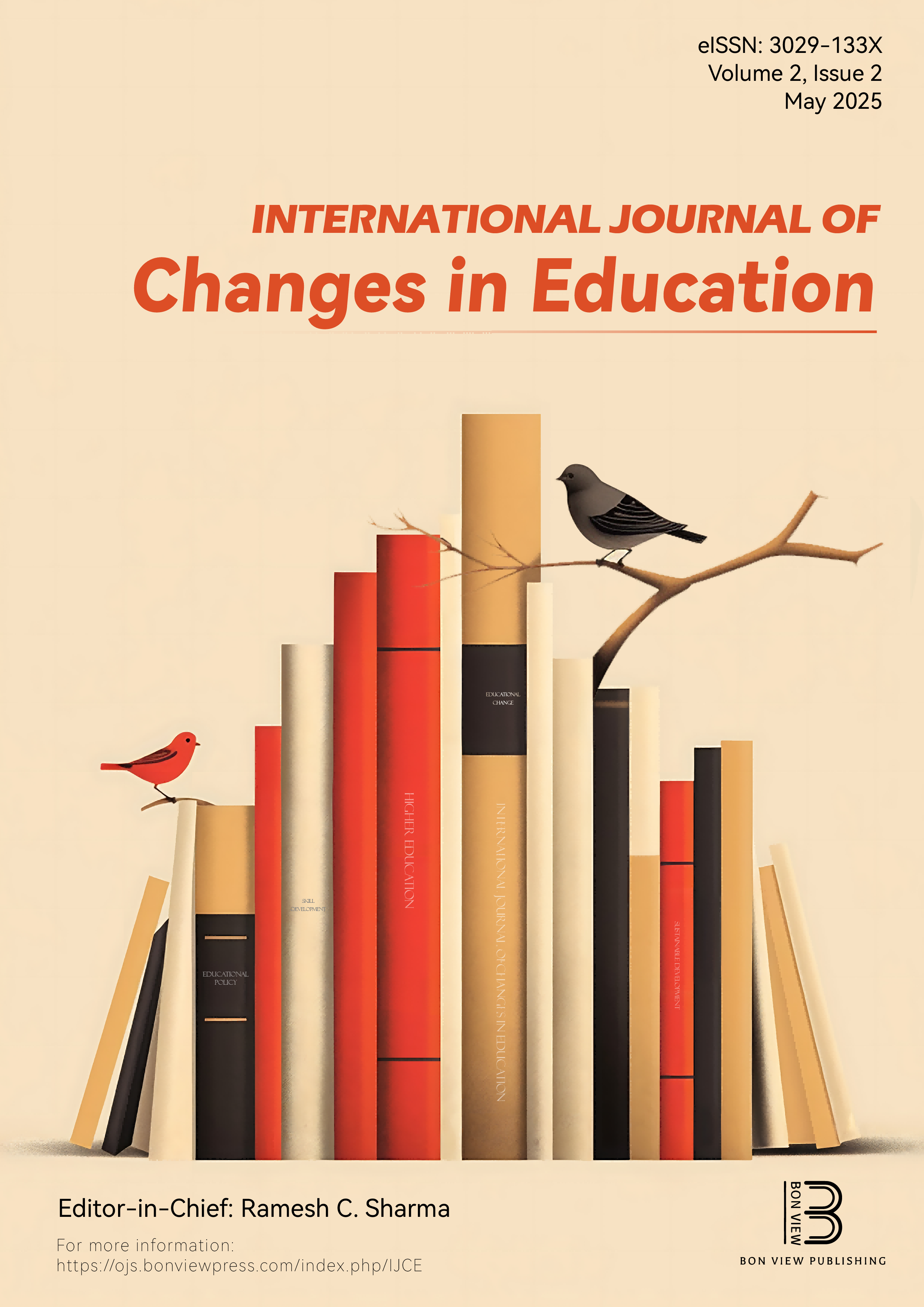Strategies for Restraining Classroom Disruptive Behavior Among Public Secondary Schools Students in Ekiti State
DOI:
https://doi.org/10.47852/bonviewIJCE42023005Keywords:
strategies, restraining, disruptive behaviors, classroom, public secondary school, studentsAbstract
The study aims to explore Strategies for restraining Classroom Disruptive Behavior Among Public Secondary Schools Students in Ekiti State. Specifically, it sought to examine the types of disruptive behaviors, problems encountered by the schools, and strategies to be adopted to curb disruptive behaviors perpetuated by students in the classroom during teaching and learning. Three research questions guided the study. The study adopted a descriptive research design and utilized a quantitative approach. A sample of 100 respondents involving principals and teachers was used through purposive sampling. Strategies for Restraining Students' Disruptive Behaviors in Public Secondary Schools served as an instrument. Data collected were analyzed using mean and standard deviation. The analysis revealed that (1) lateness to school, irregular class attendance, fighting with each other within and outside the school, refusal to do assignments given by teachers, non-participation in-class activities, use of abusive language against one another, and operating phones during class hours were disruptive behaviors perpetrated by students. (2) The school encountered several problems such as bullying of teachers and management by the punished students, and teachers get discouraged going back to class, which causes more stress for teachers as they become detracted from academic routine. (3) The use of classroom management, allowing students to have easy access to the teachers, promptness of teachers to the discharge of their tasks of teaching profession, ensuring of appropriate seating arrangement by teachers, attentiveness of the teachers to both reported and unreported cases in class, regular checking of children by parents in schools, and maintenance of small and well-controlled class size were strategies to be adopted to curb disruptive behaviors among public secondary schools students in Ekiti state.
Received: 4 April 2024 | Revised: 4 September 2024 | Accepted: 12 October 2024
Conflicts of Interest
The authors declare that they have no conflicts of interest to this work.
Data Availability Statement
Data sharing is not applicable to this article as no new data were created or analyzed in this study.
Author Contribution Statement
Shaibu Leonard: Conceptualization, Methodology, Software, Validation, Resources, Writing - original draft, Supervision. Momoh Danladi: Formal Analysis, Investigation. Amaha Christiana Ojochide: Data curation. Odoma Lois Onyemowo: Writing- review & editing, Visualization.
Downloads
Published
Issue
Section
License
Copyright (c) 2024 Authors

This work is licensed under a Creative Commons Attribution 4.0 International License.


